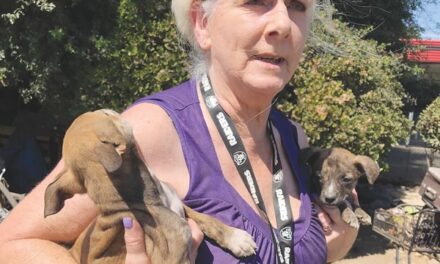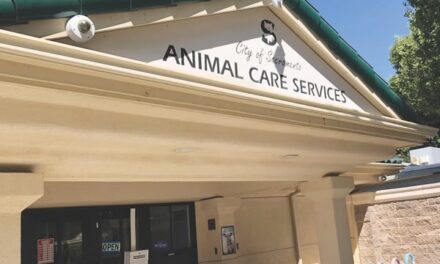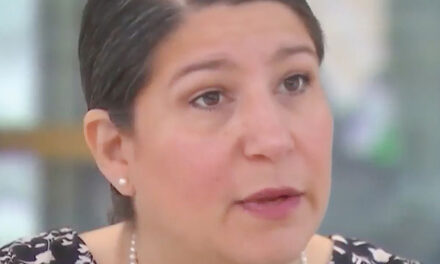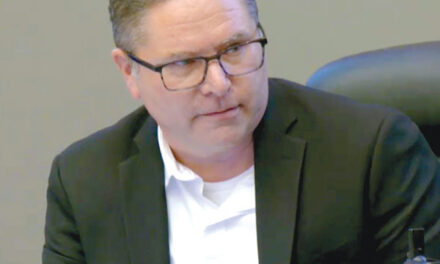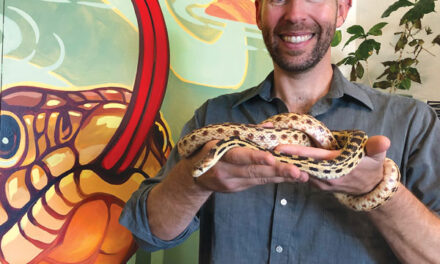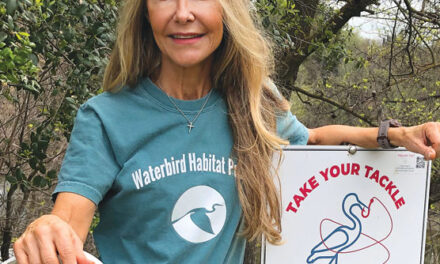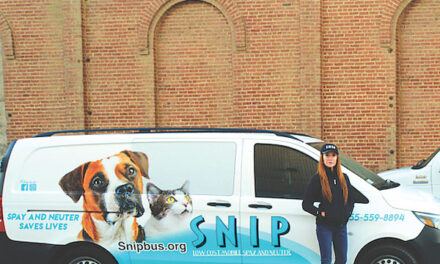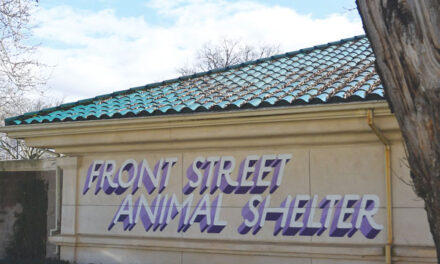U.S. sales of pet products and services reached a record-breaking $95.7 billion in 2019, reports the American Pet Products Association, which releases a detailed roundup of how much the nation spends on companion animals each year. Of that total, vet care comes in at a whopping $29.3 billion, up from $18.1 billion in 2018.
Clearly, we love our pets. But, during this unprecedented pandemic, are we showing that same love for the health care workers—veterinarians, vet techs and other staff at local animal hospitals and clinics—who care for our four-legged critters?
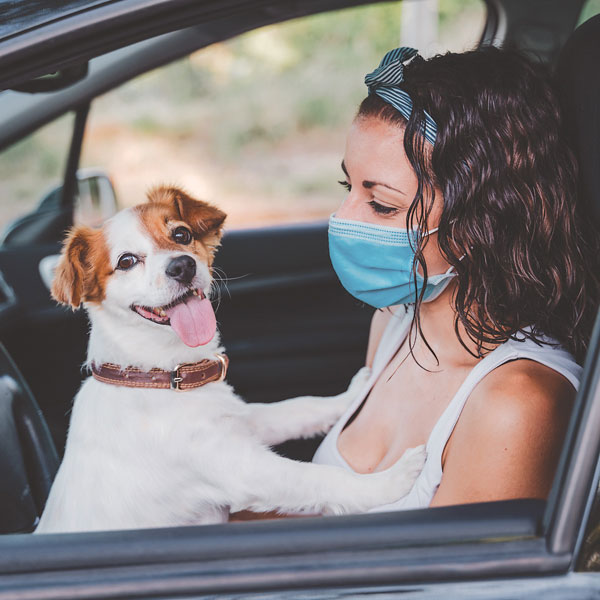
When COVID-19 shut down businesses in March, workers in veterinary hospitals and clinics were deemed essential and the facilities were exempt from closure.
“We’ve been busy since this whole thing started,” says Dr. Laura Hart, veterinarian and owner of Reagor Pet Hospital in Carmichael. “It’s a huge phenomenon,” and massively stressful on staff, as well as pet owners. “I have to have every single one of my staff on duty every minute we’re open.”
With more people working from home, pet owners are taking notice of their animals and their ailments. Now they have time to get that itchy skin or goopy eye looked at. “People are taking their dogs outside and walking—so we’re seeing many more orthopedic issues,” Hart says. “Or they’re taking them to the river, so they’re having a five-fold increase in foxtail exposure.”
In addition to an increase in demand for vet services, there is the new reality of curbside care. Veterinary hospitals throughout Sacramento immediately began curbside care in March, as “highly recommended” by the Veterinary Medical Board, Hart says.
Clients check in via cell phone from the car. A vet tech calls back and performs a pre-exam interview over the phone, then comes out—masked—and takes the pet inside for the exam, while the owner waits outside. After the exam is complete, treatment is discussed and charges paid over the phone.
“Curbside takes a ton more time,” Hart says. “People forget to turn their phone on and we’re trying to call them in the parking lot. Or they have a 5-year-old cell phone and it can’t get reception. We have nine lines and they are going all the time.”
Inside, hospitals are equipped with multiple soap and hand-sanitizing stations. “We sanitize handles and doors and countertops,” Hart notes. Allowing clients inside is not an option—it’s impossible to maintain distance.
One exception is for euthanasia, Hart says. “No more than two people and they have to wear masks. As soon as they leave, we spray everything down. But they need to be there for that.”
While Hart’s practice has the ability to test a pet for COVID-19, that has not been an issue. Animal transference of the virus is “extremely rare,” she says. “I don’t spend two seconds thinking about it.”
There have been several cases, including dogs, domestic cats and tigers, that have tested positive for COVID-19, but it was after coming in close contact with an infected person, according to the Centers for Disease Control and Prevention. Of the pets that have gotten sick, most had mild illness and fully recovered.
CDC reports that “the risk of animals spreading COVID-19 to people is considered to be low.” However, people with the novel virus can spread COVID-19 to animals. Household members infected with COVID-19 should “avoid contact with your pet including petting, snuggling, being kissed or licked, sharing food, and sleeping in the same bed.” CDC recommends keeping cats indoors, walking dogs on a leash at least 6 feet away from others and avoiding public places where a large number of people gather. Never put a mask on pets.
As with all that is COVID-related, veterinary care has been turned upside down across the country. Hart shares an experience while in Yosemite with her family on the first night the park reopened. “On one of my hikes, I ran into a veterinarian from eastern Tennessee. We talked for 45 minutes and blew each other’s mind with the symmetry in our practices—since the beginning, the current and what’s going to happen in the future. So similar—2,000 miles apart.”
With curbside vet care, clients may miss the friendly receptionists who give sweet hellos to furry family members—and the idle chat in waiting rooms with fellow pet owners.
And we may hate waiting in our cars, especially when it’s 100 degrees out and we can’t snag a spot in the shade. But, “As with everything at this point in history,” Hart says, “we could all use patience, understanding and kindness.”
Cathryn Rakich can be reached at crakich@surewest.net. Follow us on Facebook, Twitter and Instagram: @insidesacramento.




